Countless business models have been touched by the wave of disruptive technologies in recent years, and the speed of these disruptions is growing exponentially, especially for the real estate industry. The real estate industry was forced to adopt technology out of the sheer necessity of digital transformation, and it has changed everything, including how they have been operating and how customers get themselves a home.The digitization of the real estate industry resulted in the emergence of the rising need for real estate app development like Zillow, Property Finder, and Trulia, the many other popular aggregator apps in the real estate market that allow users to look for homes and view property details such as photos, property history, and estimated home values on a single tap.The real estate market worldwide is seeing unprecedented growth; the worth is expected to display an annual growth rate (CAGR 2023-2028) of over 4.00%, resulting in a market volume of nearly US$143tn by 2028.
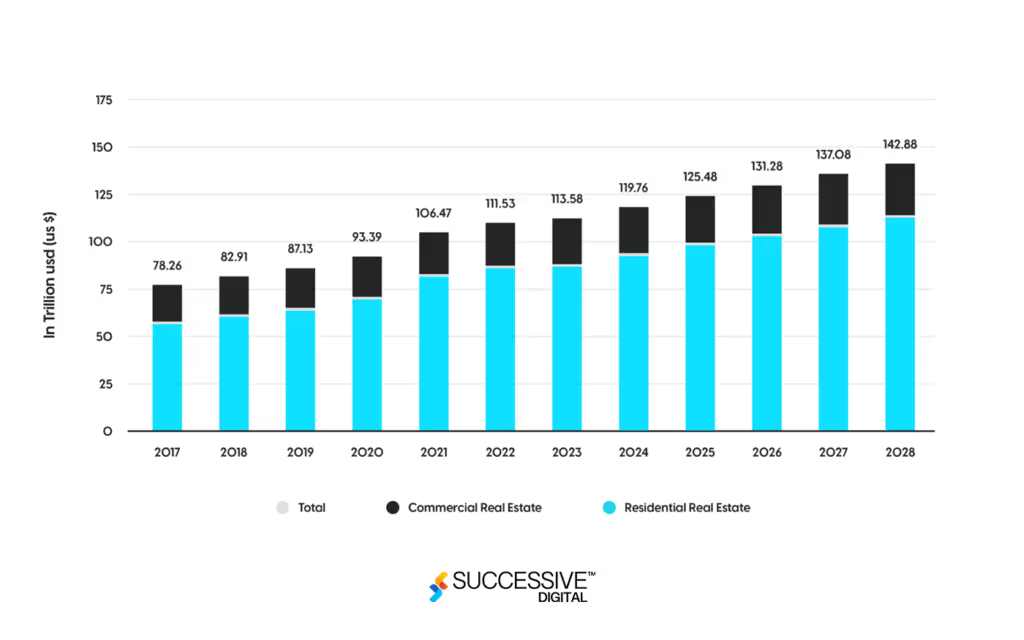
According to a survey by the National Association of Realtors, 80% of homebuyers used a mobile app to search for properties in 2019, highlighting the importance of real estate mobile apps development and services and value on the note by Brian Boero, founder of a popular real estate marketing firm 1000watt,"Mobile is the new front door to your business."Considering that, this blog will present the playbook on the cost of developing a robust real estate application.
The Rise of Real Estate Applications
The development of real estate apps has become a prominent aspect of the industry's evolution. Real estate apps provide a convenient platform for property buyers, sellers, and agents to list properties and enable search for it, connect with each other, and streamline transactions at each step of the buying journey.In the early 2000s, real estate apps were introduced, but they were primarily focused on providing basic property listings and search functionalities. These apps began incorporating interactive maps to display property listings as mapping and geolocation technologies improved, where users could view properties on a map and explore the surrounding areas.By 2010, advancements in AR/VR technologies led to the introduction of virtual property tours in real estate apps. Users could take 360-degree virtual tours of properties without physically visiting them.With increasing sustainability awareness, many real estate apps started incorporating eco-friendly features and energy-efficient property information to attract environmentally conscious buyers. Technological advancement resulted in fetching 89% of all new home buyers.Many real estate apps get millions of monthly visits and retainers because of the convenience created on the platform with on-the-go searches. Companies also make the real estate process more efficient by providing comprehensive detail and some real-time information. For example, the popular app Zillow has around 245 million visitors per month; it attracts seekers looking for property, real estate agents, real estate or rental center owners, mortgage agencies, and even tenant builders.As the National Association of Realtors reports, 97% of homebuyers start their home searches online, and 76% use a mobile or tablet device because of the many convenience features and benefits these apps offer.Real estate apps like Property Finder and Zillow provide numerous benefits for users and real estate professionals. Here are some of the key advantages:
Easy Property Search:
These apps offer a vast database of property listings, including apartments, houses, villas, commercial spaces, and more. It enables users to access a wide range of properties from different locations, making it convenient to explore various options.
Advanced Search and Filtering:
Real estate app development with robust web architecture and APIs is enabled with advanced search and filtering options, allowing users to narrow their property search based on specific criteria such as location, price range, property type, number of bedrooms, and amenities. This saves time and helps users find properties that match their preferences.
Market Insights and Trends:
Some real estate apps provide market insights, trends, and analytics, helping users make informed decisions about property investments based on current market conditions.
Contact With Agents and Owners:
Users can easily contact real estate agents or property owners directly through the app, enabling smooth communication via chats and calls for scheduling property viewings.Real estate apps allow prospective homebuyers, sellers, renters, landlords, and investors to search information filtered by price, location, number of bedrooms, square footage, and more. Leading to this, these apps have gained massive momentum and great potential for seekers.
Key Tech Trends Transforming The Real Estate App Industry
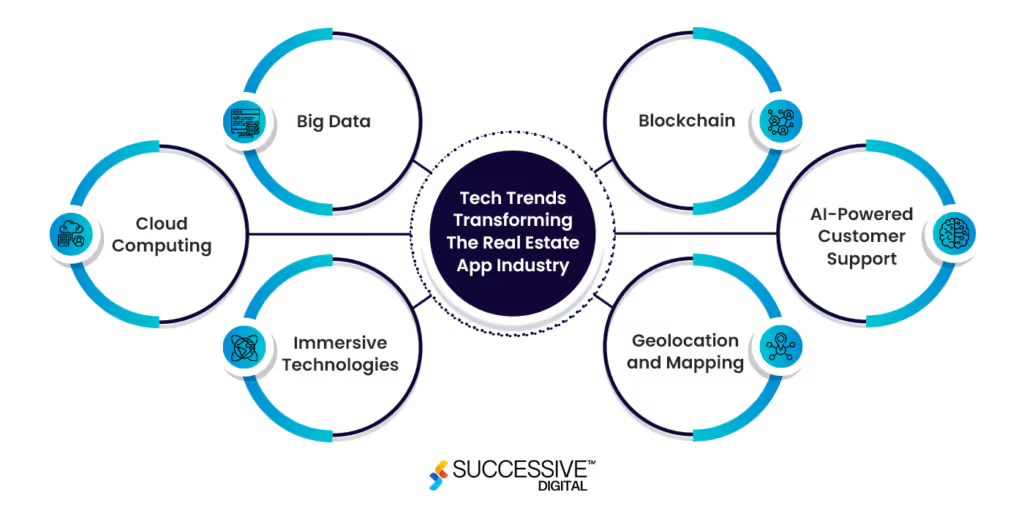
Cloud Computing:
One of the biggest trends that is transforming real estate applications is cloud computing. Real estate app companies are increasingly using cloud-based software solutions for data management and analytics, allowing users to access the property data; it also enables agents and brokers to access data from anywhere, at any time.
Immersive Technologies:
Many real estate companies give potential customers virtual tours of their houses over the application with the help of immersive technologies like AR/VR. This enables customers to view several properties from anywhere in the world.
Big Data:
Big data plays a significant role in modern real estate apps, transforming the industry's operations and providing valuable insights to users, agents, and companies. Real estate apps leverage big data at large to analyze market trends, property prices, rental rates, and demand-supply dynamics.
Blockchain:
Companies use blockchain technology during real estate app development for outputs like improved security, transparency, and efficiency in property transactions. Smart contracts can automate and streamline the process of buying, selling, and renting properties.
Geolocation and Mapping Services:
Geolocation and mapping technologies enable real estate apps to display property listings on maps, offer location-based searches, and provide information on nearby amenities and services.
Chatbots and AI-Powered Customer Support:
Chatbots provide instant support to app users, answering common queries, scheduling property viewings, and assisting throughout the real estate transaction process.
Key Market Players in Real Estate App Industry
Property Finder:
Property Finder is one of the leading real estate apps that operates in the Middle East and North Africa region. Providing users with a comprehensive platform to search for properties, both for sale and rent, Property Finder is one of the leading real estate portals in the area.
Zillow:
Zillow is one of the leading real estate technology companies, providing a popular real estate app and website that offers property listings, home value estimates, and a range of tools for buyers, sellers, and renters.
Trulia:
Trulia is another well-known real estate app that focuses on providing property listings and neighborhood information to help users find homes and apartments. Trulia was an independent real estate services provider when established, but later on it was acquired by Zillow Group,
Realtor.com:
Realtor.com is a real estate app that offers property listings, market trends, and resources for buyers, sellers, and renters. The app has a huge user base and it mostly loved by the people seeking to rent the property.
Redfin:
Just like above, Redfin is a real estate brokerage firm that operates an app and website with property listings, agent services, and tools for homebuyers and sellers.
Apartments.com:
Apartments.com is a popular app and website that specializes in rental property listings, helping users find apartments and rental homes.
What Made Property Finder a Superhit Real Estate Marketplace?
Property Finder, a UAE-based real estate unicorn, is a go-to option for more than a million users that gives home seekers all the tools they need for home rentals and real estate professionals a platform to advertise their listings.Property Finder’s competitive advantage is its use of technology in every aspect of improving the homeowner's and seekers' lives. Launched in 2007, Property Finder emerged as the largest real estate marketplace in the UAE because of its technical experiments around AI, AR, Data, and other features.The home search platform offers various products and services, including SuperAgent, the first AI-driven ranking system. Owned and developed by Property Finder, SuperAgent is customized to help every home seeker find the most updated listings on the market, giving them all the information they need to navigate a rather busy real estate marketplace. It ensures great quality of listings, faster response time, and enhanced customer service.
Technical Attributes That Made Property Finder Successful
- Search process
- Detailed property data listing
- Interactive maps
- Virtual tours offering 360° view
- 3D walkthroughs
These features make the users feel confident that the chosen home meets all of their needs and fits within their budget.
Tech Stack of Property Finder
Layer/ComponentTechnology/ToolFront-end developmentReact NativeReduxExpoBack-end developmentNode.jsExpress.jsDatabaseMongoDBMongooseCloud PlatformAWSGoogle Cloud PlatformAuthenticationFirebase AuthPassport.jsAPIsGoogle Maps APIYelp APIPayment GatewayStripePush NotificationsFirebase Cloud MessagingOneSignalAnalyticsGoogle AnalyticsMixpanel
Key Features Of Successful Real Estate App
Before digging deeper into the cost and features of a successful real estate app, it’s important to understand why one should invest in real estate app development, and the reason for that is apparent to everyone.Prospective buyers and homeowners in the real estate market are seeking the ability to review relevant property data from any smart device. More than desktops and PCs, real estate customers are increasingly found doing their research on smart devices like mobile phones and tablets, making constant searches on the internet to make an information-driven purchase decision. Be it buying or selling a property or about home renovation, they like to use mobile apps to access all the required information on the go, wherever and whenever they like. Knowing that here are the key features that make any real estate app successful ahead of its development.
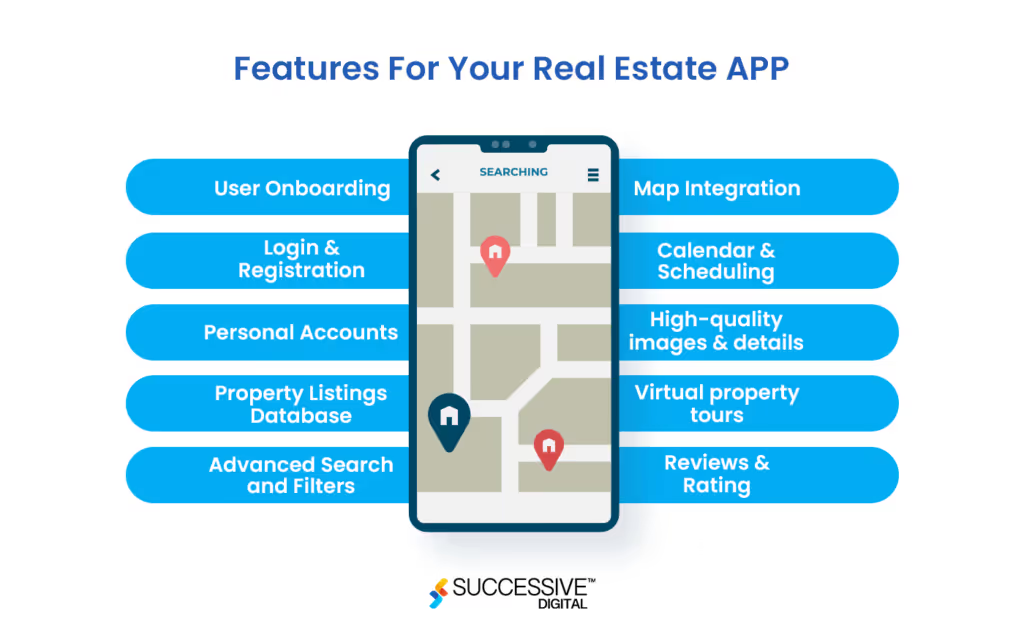
User Onboarding:
User onboarding is the most basic feature of a real estate app, and it has to be as simple as possible. There are three ways to do this –
- Social media authorization
- Authorization via email
- Phone verification
You can choose any of the above methods to allow users to signup for your app. But, combining all the above options can be a great idea too. It will provide convenience and flexibility to the users and make the sign-up process even simpler.
Login & Registration
Registration and login to the application should be as simple as possible. We recommend that the sign in should be done with your email or phone number. An additional plus will be the ability to log in with a Google, Apple, or Facebook account. It is worth allowing unregistered clients to log in for the initial acquaintance with the application.
Personal Accounts
Both realtors and clients must have personal profiles to add descriptions and photos of properties, fill in contact information for each property, and manage viewing schedules. Buyers (tenants) can fill in personal data, which, among other things, will help the algorithms understand what kind of property to offer them.
Property Listings Database:
Customers often prefer an app that provides a comprehensive and up-to-date database of property listings. Regularly updated listings ensure that users get accurate information about available properties.
Advanced Search and Filters:
Finding and choosing the right property is the most frustrating part of the whole process, so to ease the clients suffering, the real estate company owner can provide them with advanced search and sorting filters according to certain criteria. A real estate app with advanced filtering options allows users to refine their property searches based on specific criteria such as location, property type, price range, amenities, and more.
Map Integration:
Geolocation and map integration help users visualize property locations in relation to nearby amenities, schools, transportation, and other points of interest. Maps provide valuable information to those who want to rent or buy an apartment. Maps should show nearby objects and infrastructure, as well as statistics of the area: crime rate, traffic congestion, natural disaster risks, etc.Here’s the list of APIs that can be used for real estate app development
- Google Maps API: To display interactive maps, geocode addresses into latitude and longitude coordinates, calculate distances, and provide turn-by-turn directions to properties.
- Mapbox API (For developer’s purpose): to create highly customizable maps, implement geocoding, and provide real-time location-based services for users.
- Apple Maps API: For iOS-based real estate apps, the Apple Maps API is a native mapping solution that provides similar functionalities to Google Maps API but is specifically designed for Apple devices.
- TomTom Maps API: For mapping, geocoding, and routing services for real estate apps.
Calendar & Scheduling
The calendar is a necessary feature in every real estate app because it simplifies communication between the client and agents. If a buyer or tenant wants to schedule an appointment with the agent or seller, they can directly go to the calendar feature and check the dates available to schedule the appointment right in the app. The calendar will send reminders to both parties at the scheduled time.Here are the tools that can be used for calendar scheduling
- Google Calendar API: To schedule property viewings, meetings, and appointments seamlessly using their Google Calendar accounts.
- FullCalendar: For various calendar views, event dragging and resizing, and integration with server-side databases.
- ScheduleOnce: ScheduleOnce is a scheduling tool that provides appointment booking features for businesses.
High-quality Images and Details:
With high-quality images and details on an app, users can see detailed property information, view interior and exterior photos, read property descriptions, check amenities, and access additional data, which helps them make more informed decisions about potential properties.
Virtual property tours:
With the use of advanced technology, many real estate app development companies incorporate AR/VR features to offer virtual property tours. These immersive experiences allow users to "walk through" properties virtually, giving them a better sense of the space and layout without physically visiting the property.Here are the frameworks that provide integration of Immersive tech in real estate app development.
- ARKit (iOS): ARKit is a framework that enables AR functionality on iOS devices, starting from iPhone 6s and later models. It provides advanced capabilities such as motion tracking, allowing virtual objects to be anchored to the real-world environment and move in sync with the device's motion.
- ARCore (Android): ARCore is Google's AR development platform for Android devices, supporting a wide range of Android smartphones and tablets. Just like ARKit, ARCore provides the same AR functionalities to be integrated into the Android mobile app development process.
- Google VR SDK (formerly Cardboard SDK): Google VR SDK is designed for creating VR experiences on Android and iOS devices using Google Cardboard and other compatible VR headsets.
Also Read -How AR/VR is Transforming Data Visualization
Reviews And Rating:
Customer reviews will help to rank realtors and constantly improve the level of service. Reviews and ratings, working together, will significantly increase the credibility of the application and the agency, as well as motivate realtors to work more efficiently.
In-app Communication
In-app communication features play a crucial role in real estate app development to facilitate seamless and secure communication between users, real estate agents, and property owners. These features enhance the user experience and improve the efficiency of the property search and transaction process.Here are the APIs that can be used for seamless in-app messaging feature integration
- Twilio Programmable Chat API: For instant messaging between users, real estate agents, and property owners within the app.
- Twilio Video API: For virtual property tours and face-to-face meetings between users and agents.
- Agora Real-Time Messaging (RTM) SDK: For real-time, one-on-one, and group chat capabilities, for seamless communication within the app.
The Investment: Cost to Develop a Real Estate App
A real estate app usually costs around $60,000 - $1,00,000 to build.However, this cost totally depends on the features mentioned above and can vary based on the number of features, less or more.If one chooses to opt for real estate app development with fewer features or the minimum viable product, the cost for development can be as low as $9,000.
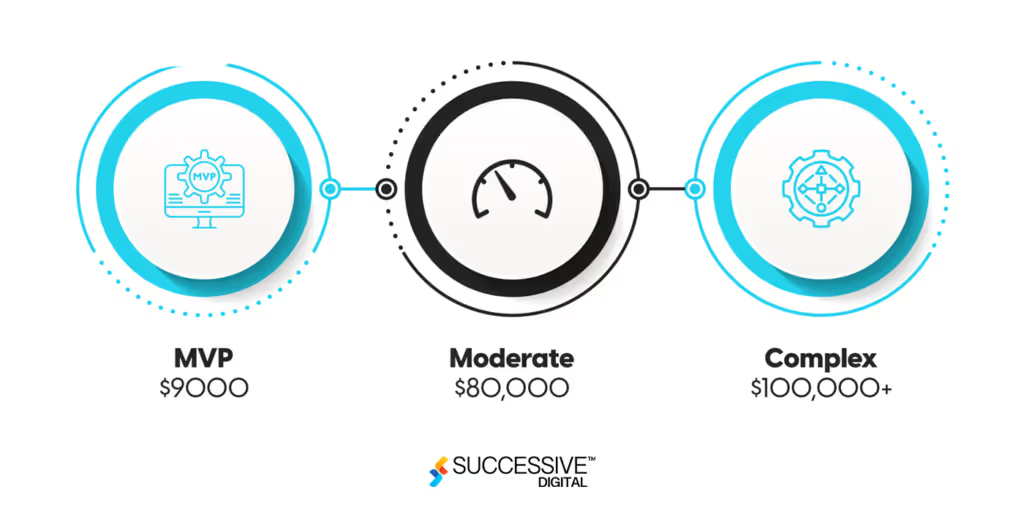
The cost of a high-performing real estate application development is calculated on the basis of these features.
- Google Maps Location Tracking APIs
- Firebase and cloud computing SDKs for Android, iPhone, and Web application development
- Amazon cloud computing platforms and APIs for smooth data accessing and storage
- Java and Kotlin for native Android app development
- Objective C and Swift for native iOS app development
- React Native, Flutter, and Xamarin for cross-platform app development
- Mongo database and robust tech stack
- APIs for displaying the dynamic content from the app
- Social media SDKs for interpreting user behavior patterns and optimizing marketing campaigns. SDKs will also be helpful in allowing users to log in through their social accounts and for quick sharing of the app’s content
Breaking Down the Cost Factors
Here’s a detailed cost breakdown for a real estate app with budget-advanced features. Let's break down the cost based on the specified features:
Basic Features
Average Cost Estimate: $65,000- $1,05,000
- UI/UX Design:
Cost Estimate: $5,000 to $10,000Designing a user-friendly and visually appealing UI/UX is crucial for a real estate app's success. The cost of real estate app development will depend on the complexity of the design, the number of screens, and the revisions required.
- App Platform:
Cost Estimate: $15,000 to $25,000Developing the app for a single platform (iOS or Android) will be more cost-effective. However, building for both platforms simultaneously will increase the cost. The estimate includes app development for one platform.
- Core App Development:
Cost Estimate: $20,000 to $30,000The core app development includes the development of essential app functionalities, property listing, user authentication, search, and property details display, depending on the app's complexity and the number of features to be implemented.
- Team Size and Location:
Cost Estimate: $20,000 to $30,000The real estate app development cost depends highly on their size and location. A smaller team or outsourcing to a region with lower labor costs can help manage expenses.RegioniOS($/Hour)Android($/Hour)North America150150Australia9292UK7171South America4337Central Europe4040India2526Indonesia3535
- Maintenance:
Cost Estimate: $5,000 to $10,000Ongoing app maintenance and updates to keep the app functional and up-to-date are essential. This cost is for a year of maintenance.
Advanced Features
Average Cost Estimate: $45,000- $ 1,45,000
- Data Integration:
Cost Estimate: $15,000 to $20,000Integrating property listing databases and other data sources into the app requires backend development and API integration. The cost of this depends on the backend framework and the complexity of APIs.
- AR/VR:
Cost Estimate: $20,000 to $10,00,00The cost may increase or decrease depending on the virtual tours' interactivity and complexity. Integrating virtual property tours or augmented reality features requires specialized expertise in real estate app development and additional development time.
- Map Integration
Cost Estimate: $5,000 to $10,000The cost of map integration depends on the level of API, geolocation, and custom features involved in the app development process.
- In-app Messaging
Cost Estimate: $5,000 to $15,000The cost of implementing in-app messaging or chat features depends on the customization of the feature. These in-app messaging features enable users to communicate with real estate agents.
Tech Stack
- Front-end Development:
Cost Estimate: $15,000 to $50,000The front-end development process involves building the app's user interface (UI) and user experience (UX). As a result, the cost depends upon the number of screens, the complexity of UI design, and the platform (e.g., responsive web or native mobile apps).
- Back-end Development:
Cost Estimate: $20,000 to $60,000Back-end development involves creating the server-side logic, databases, and APIs that power the app's functionality; the cost of it depends on the complexity of the app, the number of APIs, and database requirements.
- Database Management System (DBMS):
The cost of DBMS depends on the choice of database management system, such as MySQL, PostgreSQL, or MongoDB, that impacts the app's performance and data management.
- Cloud Services:
Cost Estimate: $500 to $2,000 per monthCloud computing services like AWS, Azure, or Google Cloud Platform are used for hosting, scalability, and performance optimization. The cost is ongoing and will depend on the level of usage and features utilized.
- APIs Integrations:
Cost Estimate: $5,000 to $20,000Integrating third-party APIs for features like maps, payment gateways, and property listings will incur additional costs. The cost depends on the complexity of the APIs
Key Considerations for Real Estate App Development
The users of real estate apps seek technical help when they face some challenges- the inability to find the right real estate property of their choice or the inability to find the best buyer for their property. Almost all users have common challenges when using real estate apps. That is why today, in a real estate app, people highly value:
- - сlear, user-friendly design;
- - thorough information (at least explicit descriptions, photos, and floor plans);
- - easy filtering and navigation;
- - in-app consultations and communication; and
- - analytics (for example, the possibility to compare costs, track price movement, and similar).
These are the things one should consider before plunging to start the real estate web application development process.The real estate app development cost highly depends on its development process. To estimate the cost based on the process, it’s necessary to consider the development steps given below.
- Conduct thorough research and find the target market
- Get a clear understanding of the current and future market dynamics
- Reviews and Feedback of Similar types of apps already existing in the market
- Choose the platform to make your product available
- Co-innovate with a trusted real estate app development company
- Find a skilled and experienced development team with a track record of developing high-quality real estate apps. Consider outsourcing to a team in a country with lower development costs.
Our Real Estate App Development Process
- Discovery:
During the discovery phase, we collaborate with you to understand your real estate app development requirements and objectives. We thoroughly analyze the real estate market and identify key features that will appeal to your target audience. We create a detailed development plan with clear milestones and timelines based on our findings.
- Creation:
In the creation phase, we develop wireframes and prototype designs to visualize the app's user interface and user experience. This step allows us to gather your feedback and refine the app's design and functionality before moving forward.
- Design:
Our real estate app development experts work closely with you to create UI/UX wireframes that align with your brand and business objectives. We focus on creating an intuitive and visually appealing design that enhances the user experience and encourages user engagement.
- Development:
With the design in place, our skilled real estate app developers start building both the front-end and back-end of the app. We leverage the tech stack to create a responsive and interactive user interface while ensuring seamless integration with the back end and databases to handle property listings, user profiles, and other essential features.
- Integration:
We integrate essential APIs and third-party services to enhance the functionality of your real estate app. This may include map integration (e.g., Google Maps) to display property locations, payment gateways for secure transactions, and real-time chat functionalities for in-app communication between users and agents.
- Testing:
Before the real estate app launch, we make it go through rigorous testing. Our QA team evaluates the app's usability, performance, security, and compatibility across various devices and platforms. Any identified issues are addressed promptly to ensure a stable and reliable app.
- Deployment:
We proceed with the deployment phase once the app passes all tests and meets our quality standards. We carefully monitor the app's performance during launch and handle any last-minute issues. The app is then available for download and use by your target audience.
- Support and Maintenance:
After the app's successful deployment, we continue to provide ongoing support and maintenance services. We proactively monitor the app's performance, address any technical issues, and provide updates and enhancements as needed to keep the app running smoothly.
How to Reduce the Cost of Real Estate App Development?
Reducing real estate app development costs without compromising on quality and functionality requires careful planning and strategic decision-making. Here are some tips to help you optimize your budget and keep development costs in check:
Define Clear Project Scope:
Start by outlining the app's essential features and functionalities. Avoid adding unnecessary or complex features that might increase development time and costs. Focus on delivering a minimum viable product (MVP) initially, then add more features in later iterations based on user feedback and requirements.
Choose the Right Mobile App Development Team:
Research and select a development team with experience in real estate app development. Consider outsourcing to regions with lower labor costs, but ensure that the team's expertise and quality meet your requirements.
Prioritize Platforms:
Instead of developing the app for both iOS and Android simultaneously, consider launching the app on a single platform initially. This approach allows you to test the app's performance and gather user feedback before investing in the second platform.
Use Cross-Platform Mobile App Development Tools:
Cross-platform development frameworks like React Native or Flutter allow you to write code once and deploy it on multiple platforms, reducing development time and costs compared to building separate native apps.
Optimize UI/UX Design:
A well-designed and user-friendly interface is essential but doesn't have to be overly complex. Focus on simplicity and clarity, and consider using pre-designed UI elements to save design costs.
Consider Cloud Services:
Utilize cloud services for hosting, data storage, and other functionalities. Cloud services are scalable and cost-effective, allowing you to pay only for what you use.
Build Using the Agile Approach:
Develop the app in stages, releasing new features and updates in iterations. This approach allows you to validate the app's functionality and gather user feedback before investing in subsequent development. At Successive Digital, we follow the Agile approach to app development that emphasizes adaptability and customer feedback. Agile ensures that the app meets the evolving needs of users and keeps the cost in control in the context of real estate app development.
Adopt DevOps Mindset
Adopting DevOps can improve deployment speed, stability, and overall app quality. By using DevOps, Successive Digital encourages closer collaboration between developers, testers, and operations teams, breaking down silos and promoting shared responsibility for the app's success while reducing the development cost.
Invest in Proper Testing:
Rigorous testing is crucial for a successful app. Detecting and fixing bugs early in the development process can save time and money in the long run.
Plan for App Maintenance:
Allocate a portion of your budget for ongoing app maintenance and updates. Regular maintenance ensures the app remains functional and secure.
Build an MVP
MVP is one of the critical elements in estimating the cost of building an app. Successful MVP creation saves a lot of money on unwanted features and functionalities which might not be required for an app at the first release. It is also an ideal model to check the basic functionality of the product without investing much in complex design and deep architecture.
- Check the app performance and identify the bugs.
- Focus on customer experience to get better results for the product.
- Submit the app to the app store to push it out in public.
- Make the app available to the user and release the final version.
MVP Features for Real Estate App Development
- User Registration and Authentication
- Property Listings
- Search and Filters
- Property Details
- Map Integration
- Contact/Enquiry Form
- Favorites/Shortlist
- User Profile
- Notifications
- Responsive Design
- Feedback Mechanism
Why Choose Successive Digital for Your Real Estate App Development?
With mobile technology growing by leaps and bounds, real estate mobile app development can help companies attract customers and provide them with lucrative deals they can’t miss. A user-friendly mobile app for real estate businesses can improve customer interaction, positively impacting your ROI. As a pioneer mobile app development company, Successive Digital co-innovates with you and leverages a strategic approach to outcome-driven development services. With years of experience providing real estate app development services, our experts focus on bringing outcomes by balancing the mobile app development consulting, strategy, technical capabilities, performance, and costs. From conceptualizing to prototyping and development to delivery, we cover all application lifecycle stages to bring maximum business proficiency, customer engagement, and ROI.
.avif)
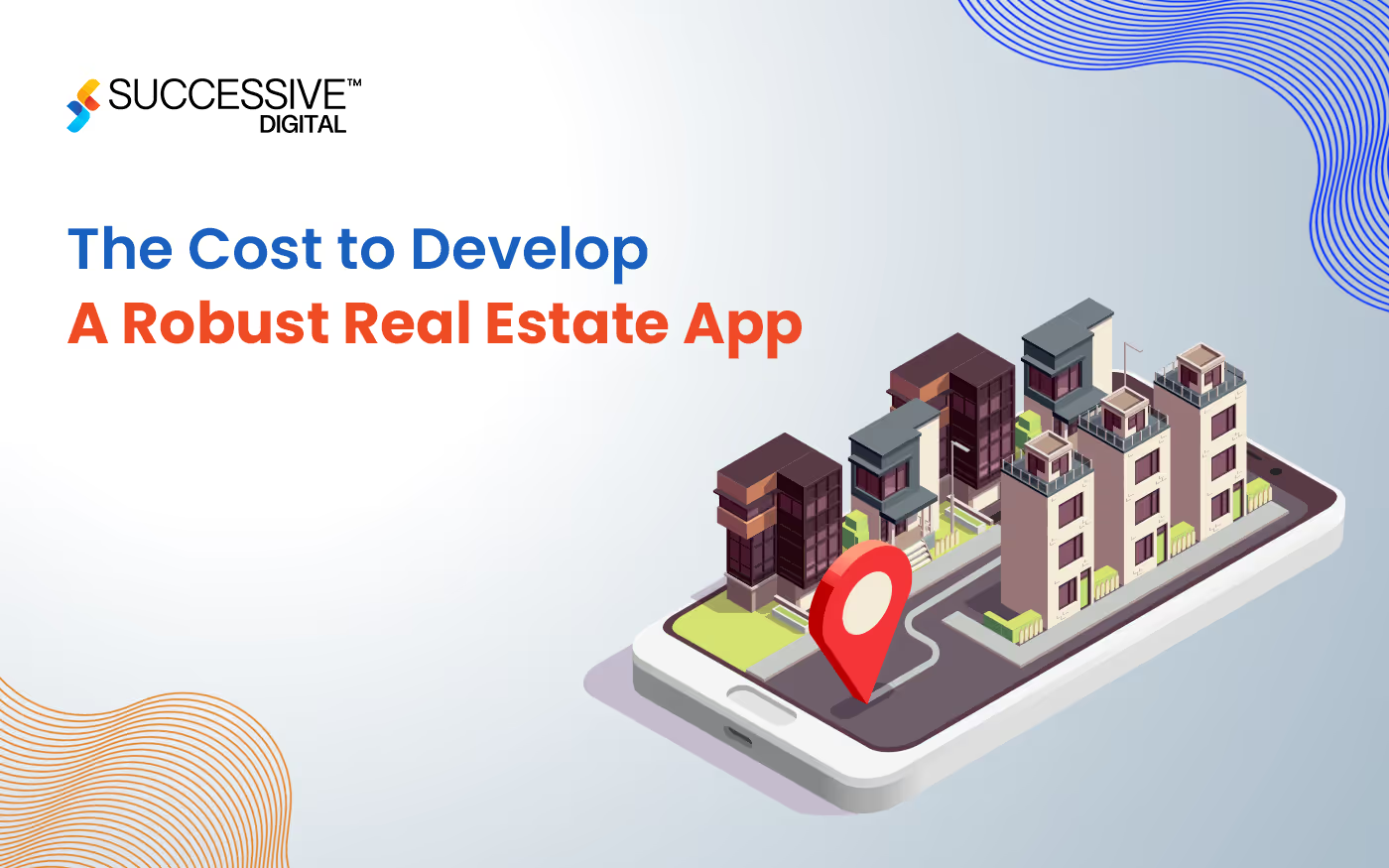




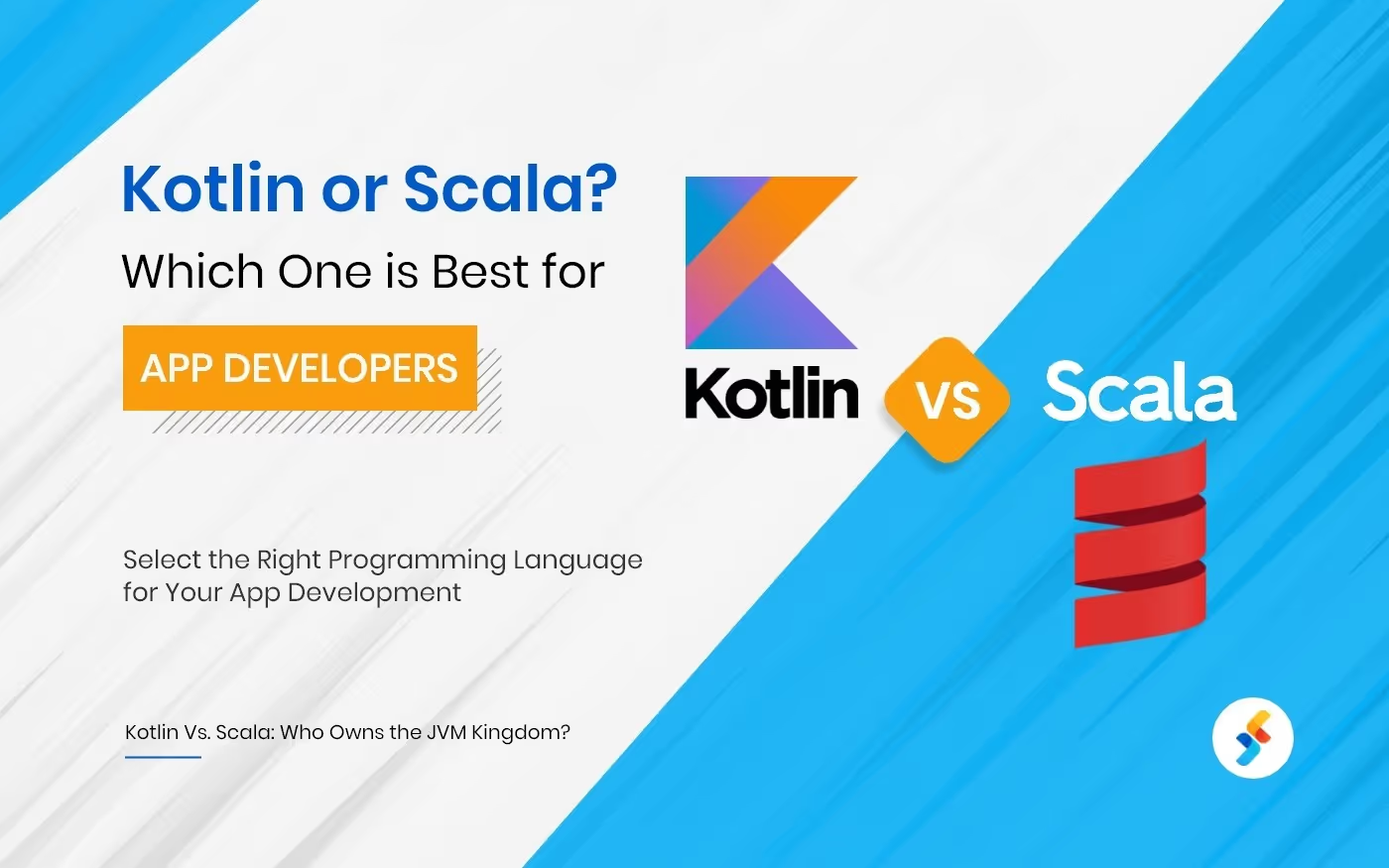
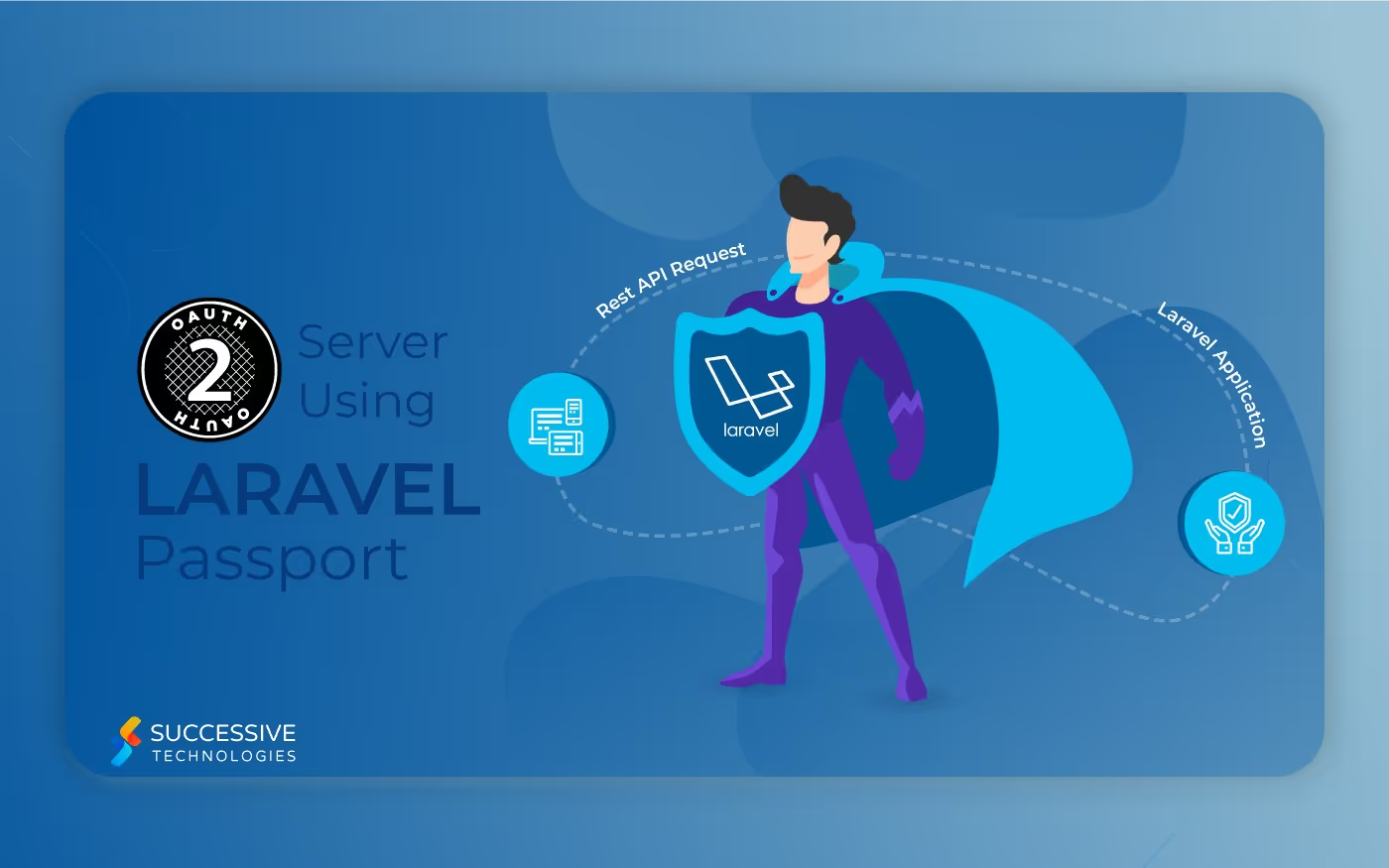
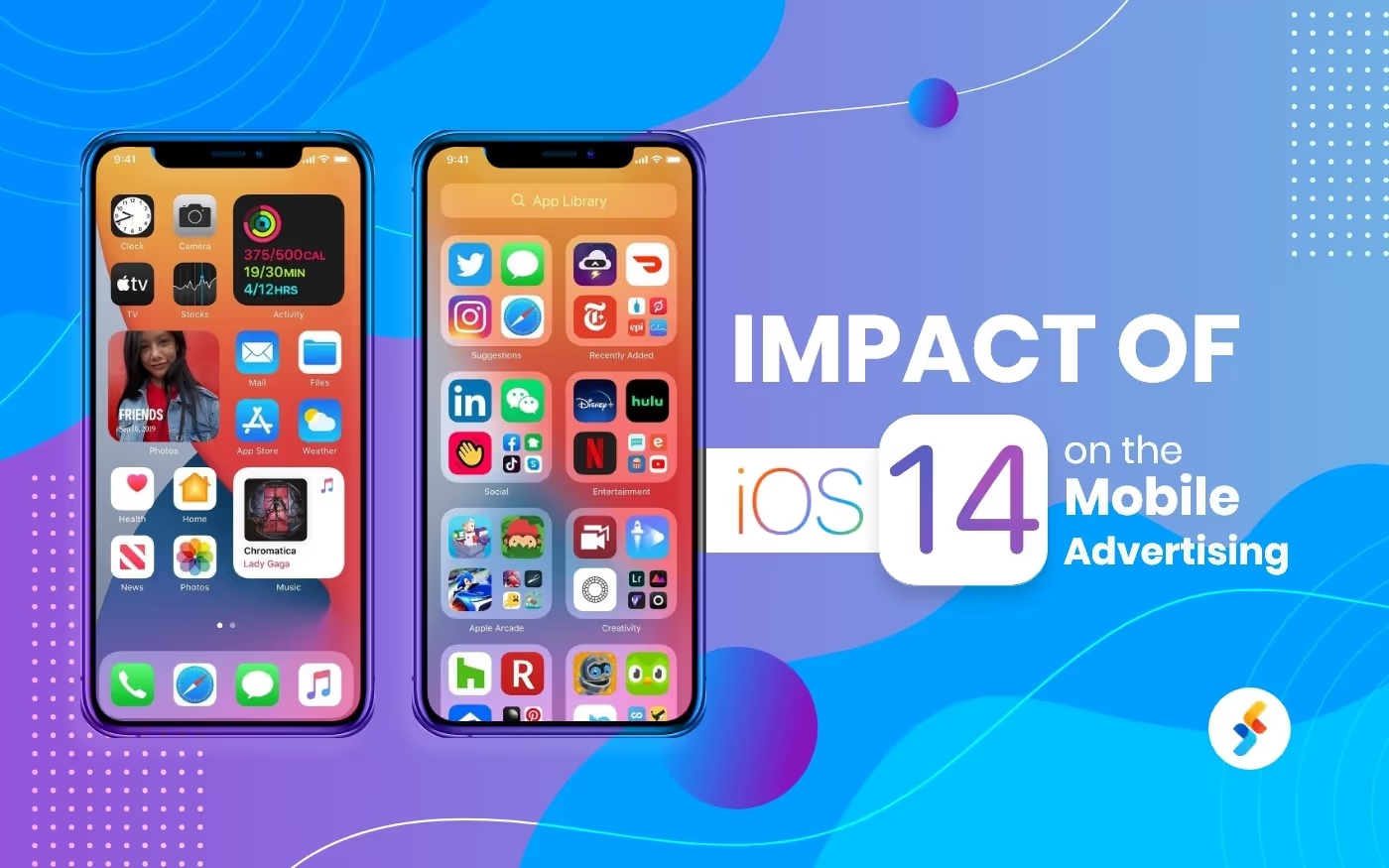


.jpg)









